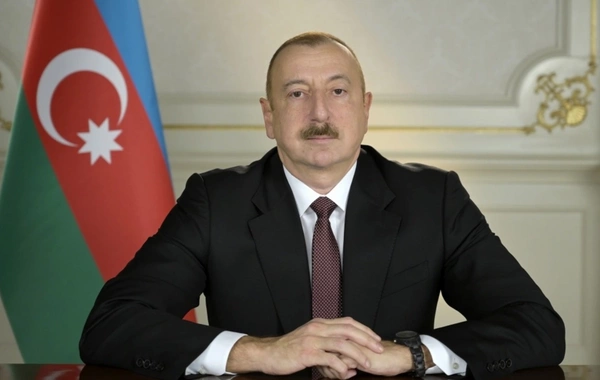Today is the birthday of the great Azerbaijani poet Mirza Alekber Sabir

May 30 marks the 163rd anniversary of the birth of the great Azerbaijani poet, founder of a new literary school in the history of artistic and social thought, outstanding educator Mirza Alekber Sabir.
As reported by BAKU.WS, Mirza Alekber Sabir is an outstanding representative of satirical poetry with centuries-old traditions in Azerbaijani literature. He earned wide recognition as one of the founders of critical realism in national literature, was a devoted promoter of humanistic and democratic ideas, national awakening and revival. Mirza Alekber Sabir is considered the founder of the Molla Nasreddin school of satirical poetry and an influential representative of this genre in the Turkic-Muslim world.
Mirza Alekber Sabir (Alekber Zeynalabdin oglu Tahirzade) was born on May 30, 1862, in the city of Shamakhy - one of the cultural centers of Azerbaijan. From an early age, he studied in a madrasah, where he learned Arabic and Persian languages and became familiar with examples of Eastern literature. However, the harsh conditions and teaching methods in the madrasah did not satisfy young Alekber. Already at the age of 10-11, he wrote the poem "I observe the fast during Ramadan" (Tutdum orucu irəmazanda), which showed his desire to understand what was happening in society and his aspiration for renewal.
From 1874 to 1883, he studied at the Shamakhy provincial school, where the outstanding poet Seid Azim Shirvani taught. There, he studied secular sciences and classical literature with great interest.
His travels to Eastern countries in 1884-1886 played a major role in broadening his horizons. The Iranian cities he visited (Sebzevar, Nishapur, Khorasan, Hamadan), as well as Bukhara, Samarkand, Karbala, and the hardships he witnessed there, the progressive figures he met, and the works he read became an important life and creative school for him.
In 1887, M.A. Sabir started a family by marrying his distant relative named Billurnisa. In this marriage, he had eight daughters and one son. As the head of a large family, he led a hard, difficult life and was even forced to make and sell soap. The destructive earthquake in Shamakhy in 1902 left his family homeless, exacerbating his already difficult existence. However, no hardship broke the poet's spirit. His famous phrase, said during a meeting with Abdullah Shaig: "We cannot clean the inner dirt of many people. To clean the external dirt, I took up the profession of a soap maker" - vividly expresses his life and creative position.
In 1900, after studying abroad, the progressively-minded young poet Abbas Sahhat returned to Shamakhy, and local intellectuals often gathered at his house. Sahhat immediately noticed Sabir, and they developed a close friendship.
On April 11, 1908, Sabir passed an exam at the spiritual administration of the Baku province, and on May 7, he went to Tiflis, where he received a diploma as a teacher of native language and Sharia from the office of the Caucasian Sheikh-ul-Islam. About 60 students studied at his school "Umid" ("Hope") opened in Shamakhy
Similar News
The date of the "Vagif Poetry Days" has been changed
The date of "Vagif Poetry Days" has been changed. As reported by BAKU.WS with reference to the Ministry of Culture of Azerbaijan, the Shusha stage of the litera...




 Azərbaycanca
Azərbaycanca  По-русски
По-русски  English
English 






